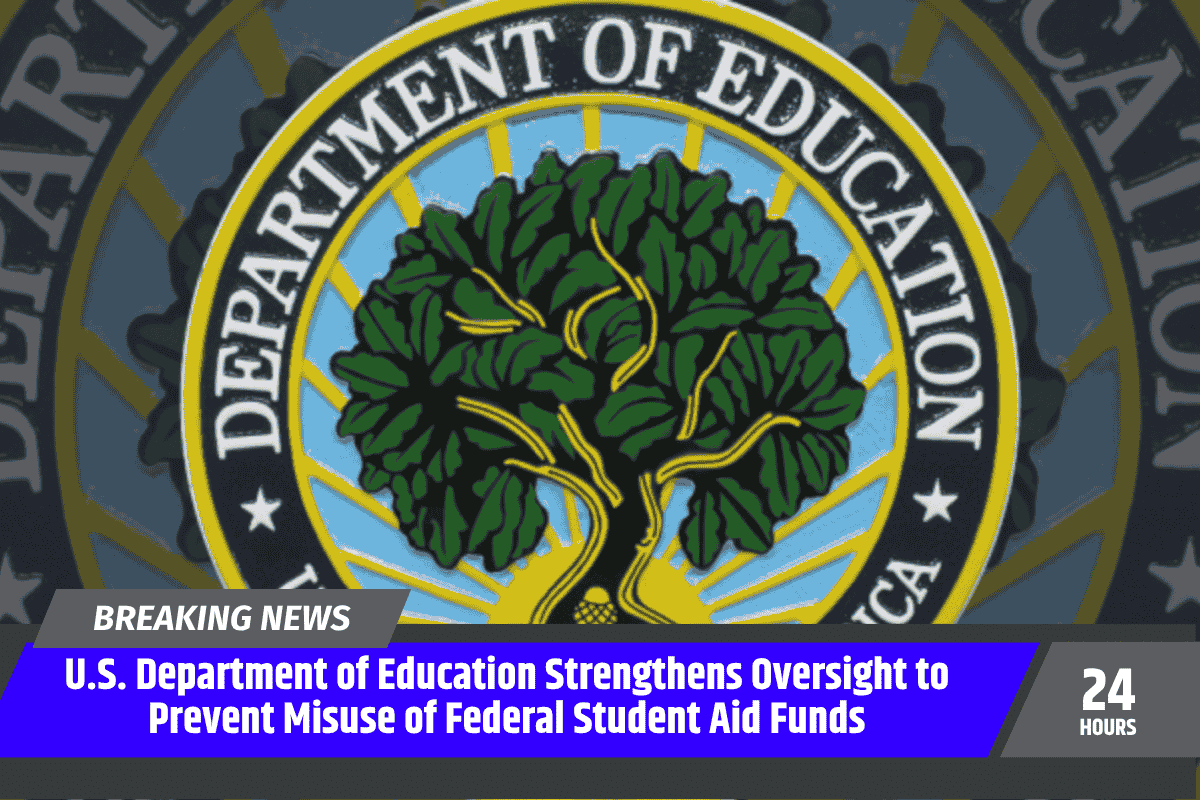The U.S. Department of Education has announced new actions to improve oversight of federal student aid programs, ensuring that taxpayer dollars are used effectively and responsibly.
A recent analysis revealed that nearly $90 million in student aid was mistakenly given to ineligible recipients, including thousands of deceased individuals.
These actions aim to increase accountability, reduce errors, and protect both students and taxpayers.
Improving Oversight to Prevent Improper Payments
A major focus of the Department’s new initiative is to strengthen oversight and prevent funds from being wrongly disbursed. One of the key areas of concern is deceased individuals receiving aid.
A review of student aid records against the Social Security Death Index found that over $30 million in federal student aid was sent to thousands of deceased individuals in the last three years.
To address this, the Department is enhancing its data-sharing process with the Social Security Administration, aiming to prevent such errors in the future and avoid identity theft.
Ensuring Only Eligible Individuals Receive Aid
Another key focus is ensuring that only eligible students receive federal aid. Individuals with immigration parole status, a temporary designation from the U.S. Department of Homeland Security (DHS), are not immediately eligible for federal student aid.
The Department of Education has taken steps to strengthen coordination with DHS to prevent disbursements to people who do not qualify for student aid due to their immigration status.
Protecting Against Fraud and Identifying Errors
The Department is also making improvements to its processes for fraud detection and identifying errors in student aid applications.
In May, the Department resumed post-screening of student records for the 2024–25 and 2025–26 Free Application for Federal Student Aid (FAFSA) cycles.
This process ensures that the student records reflect recent changes in financial aid eligibility. For instance, once a student reaches their lifetime limit for Federal Pell Grants, the post-screening system flags the record, preventing further aid disbursement.
This is critical for maintaining the integrity of the federal student aid programs and ensuring that aid goes only to eligible students.
In addition, the Department resumed verifying the identity of FAFSA applicants who may be using someone else’s information to apply for aid.
This is important for protecting students and preventing fraud. A recent review showed that nearly $40 million in Direct Loan payments and $6 million in Pell Grants were wrongly disbursed to ineligible individuals.
The Department uses advanced data models to detect suspicious or inconsistent information and flag applications for further review.
Keeping Students and Parents Informed
To further protect against fraud, the Federal Student Aid office provides resources to help students and parents avoid scams and identity theft when applying for federal student aid.
These resources are available on the official StudentAid.gov website, which offers guidance on steps to take if someone’s identity is used fraudulently in a student aid application.
The U.S. Department of Education’s actions are an important step in restoring accountability and transparency to the federal student aid system.
With nearly $90 million in misallocated funds already identified, these measures will help ensure that federal resources are used properly, benefiting the students who truly need them.
The Department is committed to protecting American taxpayers and ensuring that only eligible students receive the financial aid they are entitled to.











